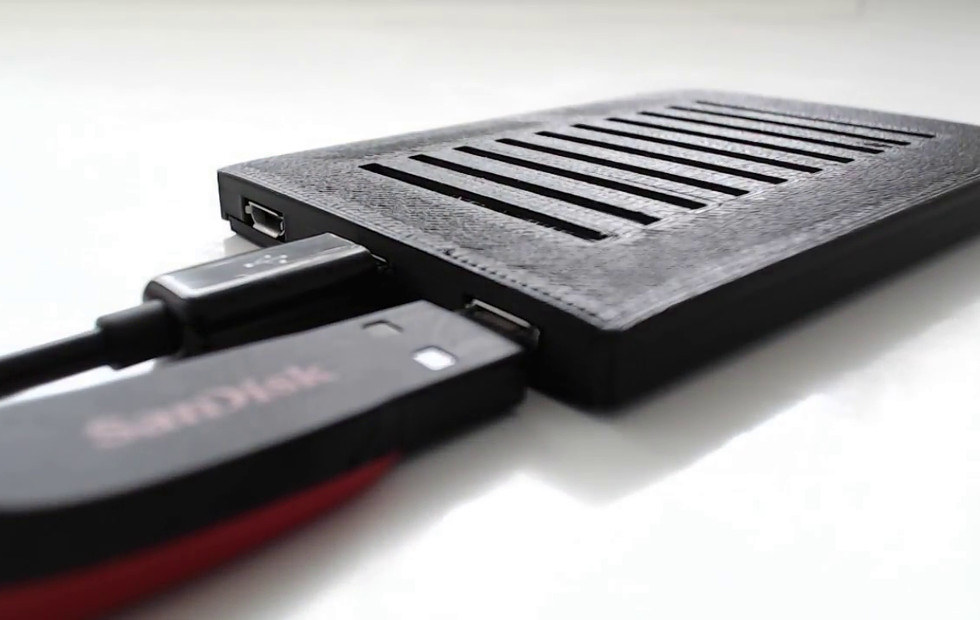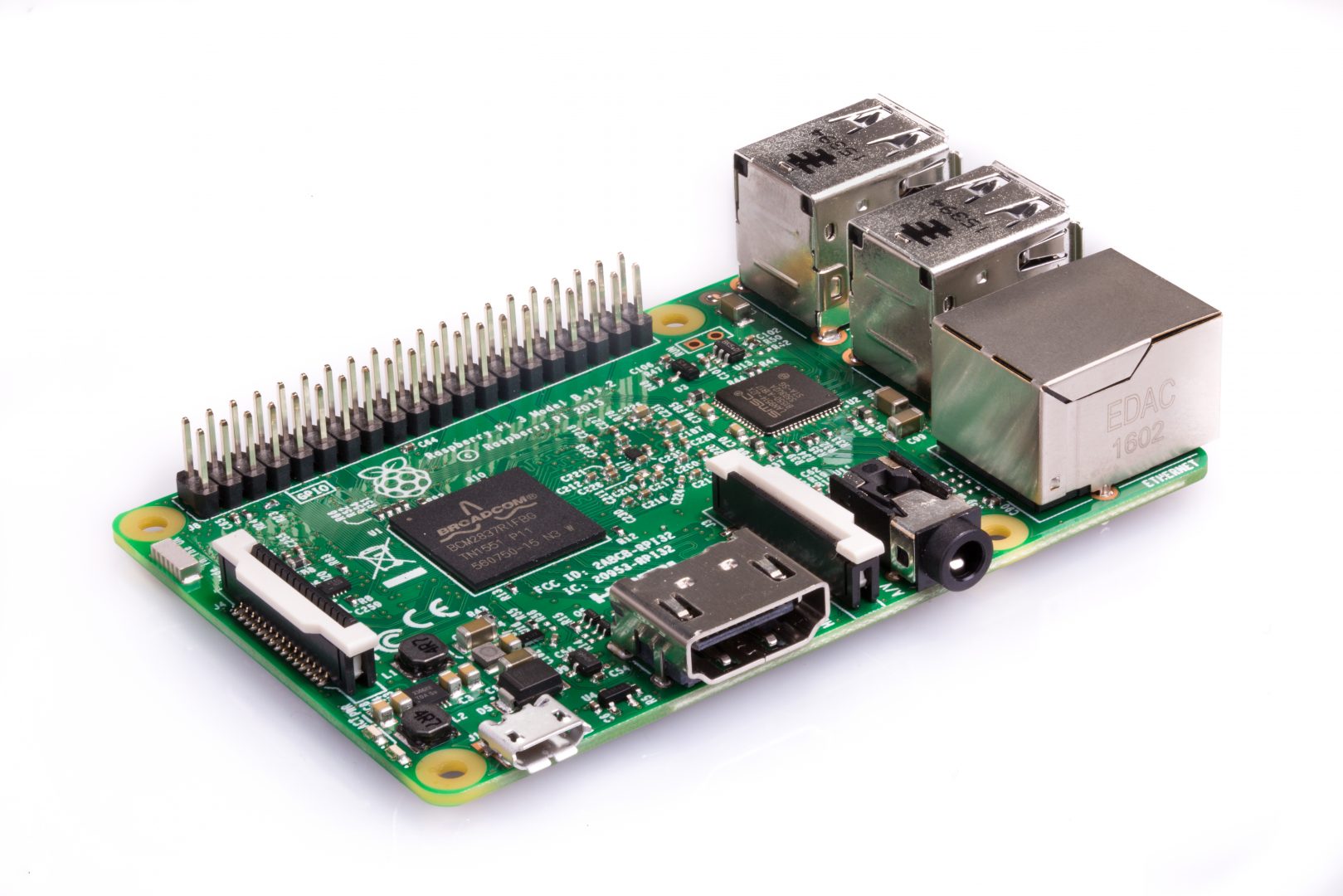Modder Makes Ultra-Thin ‘Raspberry Pi 3 Slim’ Computer

Hardware hacker NODE sawed off everything that projects up from the Raspberry Pi 3’s board to create a 1.2GHz system the thickness of a few credit cards
A hardware hacker has modified the Raspberry Pi 3 single-board computer to make what he calls the Raspberry Pi 3 Slim, an ultra-thin computer only 7 mm thick, roughly the depth of nine credit cards.
The Raspberry Pi Foundation already makes a pared-down single-board computer, the Zero, but hacker NODE said he wanted something with more power than that offered by the Zero’s 1GHz single-core chip.
Slimming down
The Raspberry Pi 3 includes a four-core 1.2GHz processor, but it also has elements that project up from the board, such as full-sized USB ports, an Ethernet port and GPIO pins, giving it a depth of 17 mm.
NODE said he solved that problem by simply sawing off the end of the board where the ports are located and removing the pins.

He then added three micro-USB ports to the end of the board for power and connectivity.
The Pi 3 also includes Wi-Fi and Bluetooth networking, but the changes mean the Slim model is “headless”, meaning it can’t connect to a display.
“The main point of this, besides my obsession with making electronics smaller, is to create an easy, plug and plug headless computer,” NODE wrote.
‘Headless’ computer
He said the device could be used as a general headless system or server.
“The small size… means it’s more portable, and I could imagine it working well for some kind of wireless access point, piratebox or a general node of some sort,” he wrote.

A 3D-printed case for the modified board features a grill on one side to release heat from the processor, while the other side exposes the board’s microSD slot.
NODE released the specifications for the case so that users can print it themselves, but there aren’t any detailed instructions for modifying the board, which NODE called a “simple project”.
The Raspberry Pi Foundation released the Pi 3 last year, saying its Wi-Fi and Bluetooth connectivity could make it ideal as a “hub” for Internet-connected devices.
Do you know all about broadband and the ultra-fast future? Try our quiz!